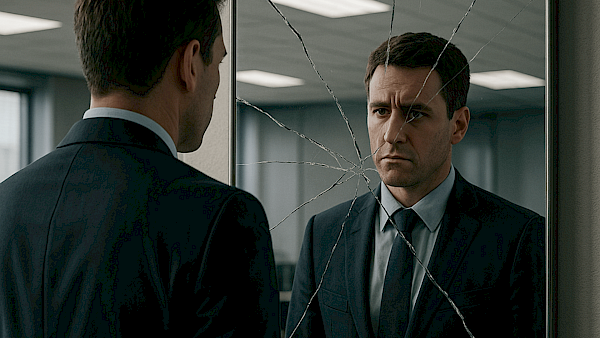Episode transcript The transcript is generated automatically by Podscribe, Sonix, Otter and other electronic transcription services.
Hello everyone. Here is Ricardo Vargas, and this is the 5 Minute Podcast. Today I want to talk about a sentence that I have been repeating for many years. The project didn't fail; it just revealed the truth. Very often, when the project collapses, people rush to find who is to blame. Was the project manager or the technical team, or the development team the supplier that didn't deliver it on time? But in most cases, the real problem lies much, much deeper. Projects are mirrors. They don't create a company's culture, they expose it. A troubled project is rarely an isolated event. It's a symptom of something that has been wrong for a long time. Maybe a lack of alignment, poor leadership, shifting priorities, and decisions driven by politics instead of purpose. I often say that projects are the moment when corporate truth becomes impossible to hide because under pressure with deadlines, budgets and expectations, the mask fall off. And what we see is not just a shadow slipping. We see silos, ego clashes, poor communications, and a lack of trust. How many times have you seen a project start with big promises and end up as a battlefield? Everyone defending their own territory, KPIs and personal agendas. Suddenly the common goal disappears. The project didn't fail. It just made it clear that the organization was never truly united in the first place. Another powerful insight is that projects are the ultimate test for an organization's maturity. It's easy to talk about agility, collaboration, and innovation until the first crisis hits. That's when we discover whether the culture is built on trust or on fear. Whether people can say these won't work without being punished, or if they will stay silent, watching the train crash in slow motion. And here is the thing: a project in crisis is also an opportunity to learn. It's also a teacher. It not only reveals what is broken, but it also shows who has the courage to face the truth. Because it's in the middle of the cows that some people will just disappear while others will step up. The brave ones. So a problematic project is not necessarily a failure. It's an x ray of the organization. It shows what needs to change, what is fragile, and what still holds together. The worst mistake you can make is to ignore that lesson. To close the project, write a lessons learned report and move on as if nothing had happened until the next project goes exactly to the same path. Next time someone says a project failed, take a deep breath and ask, Did it really fail? Or did it simply tell us a truth we didn't want to hear? Projects don't create problems; they uncover them. And if you have the courage to face what they reveal, that is where real growth begins. I have been dedicating a lot of time recently to talking about troubled projects. I just released a course on LinkedIn, a crash course on recovering troubled projects that you all can watch. I also have an online training on troubled projects in my online school, so do not miss the opportunity because troubled projects are always a topic nobody wants to talk about. Nobody wants to learn about it. They prefer to see, okay, this never exists in my professional life, and in reality is very different. In reality. The great project managers I know handle extremely competently troubled projects. Think about that. I hope you enjoyed this episode, and see you next week with another 5 Minutes Podcast.

